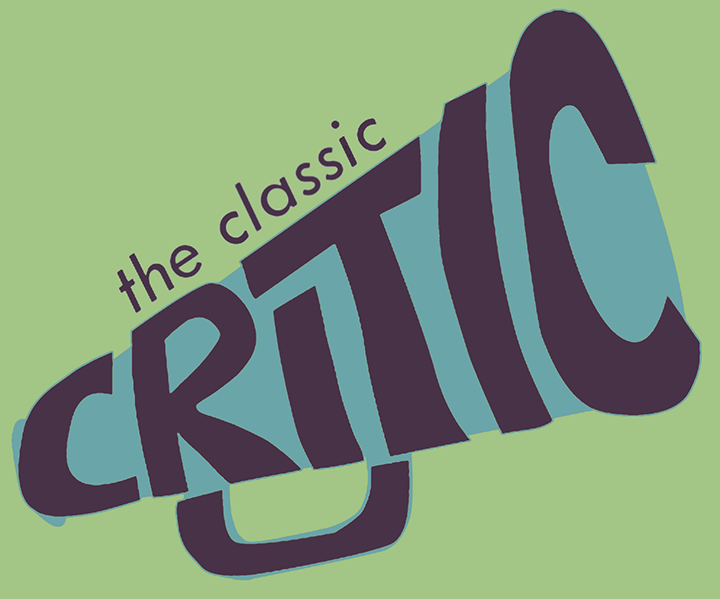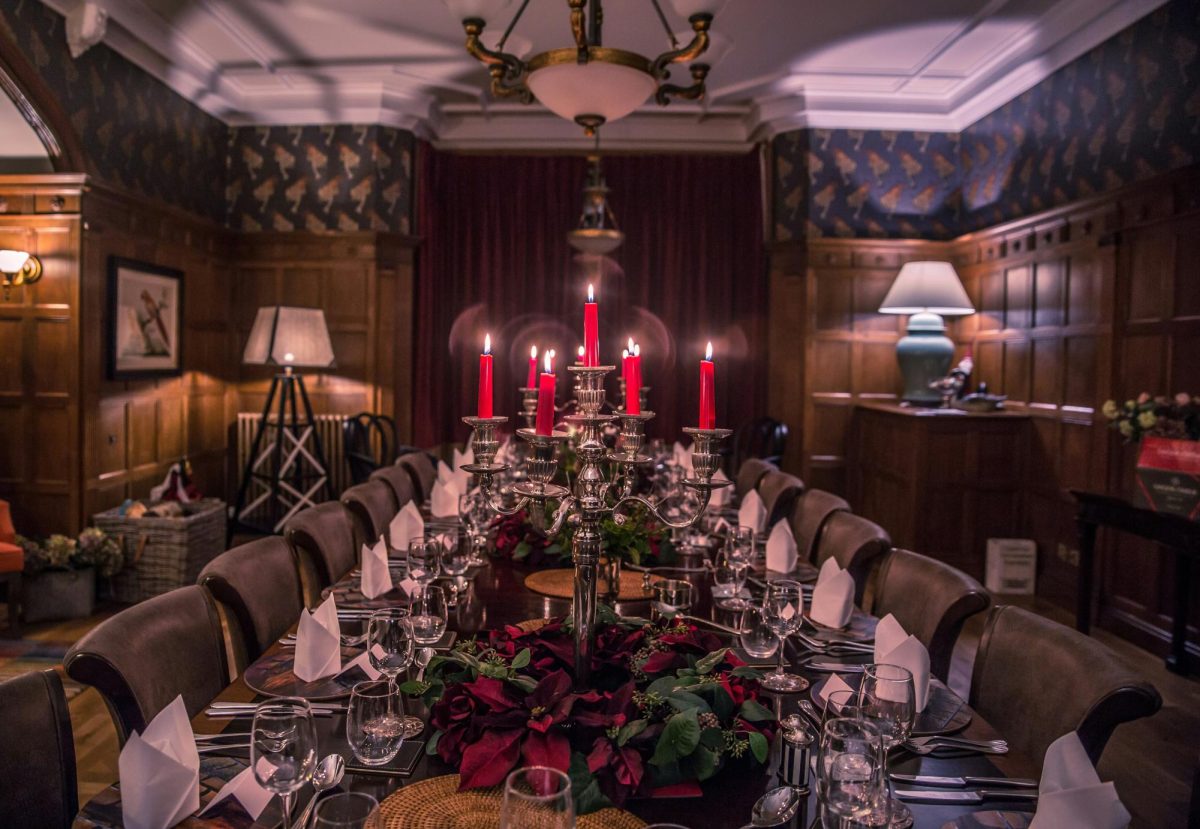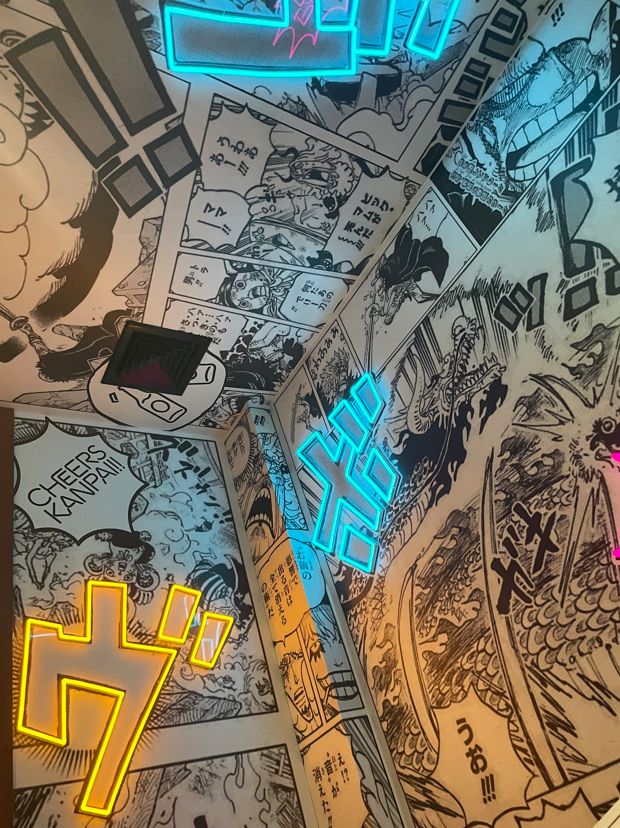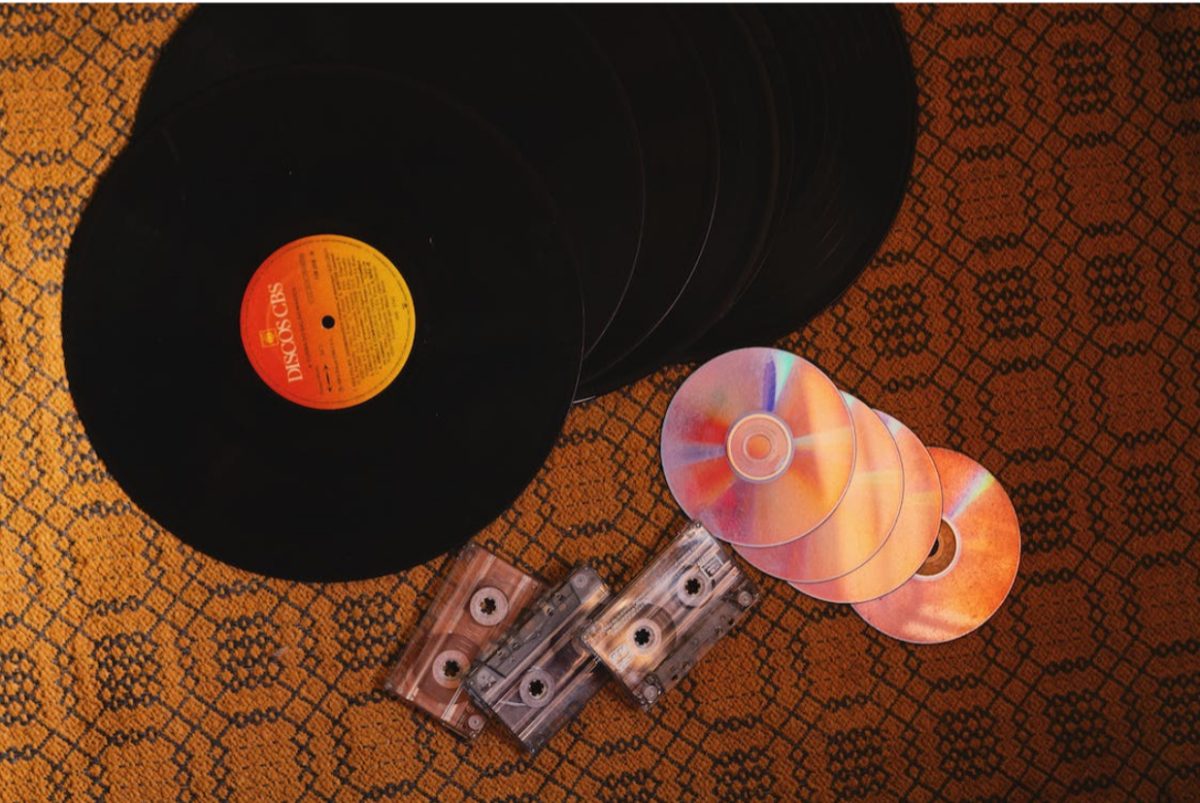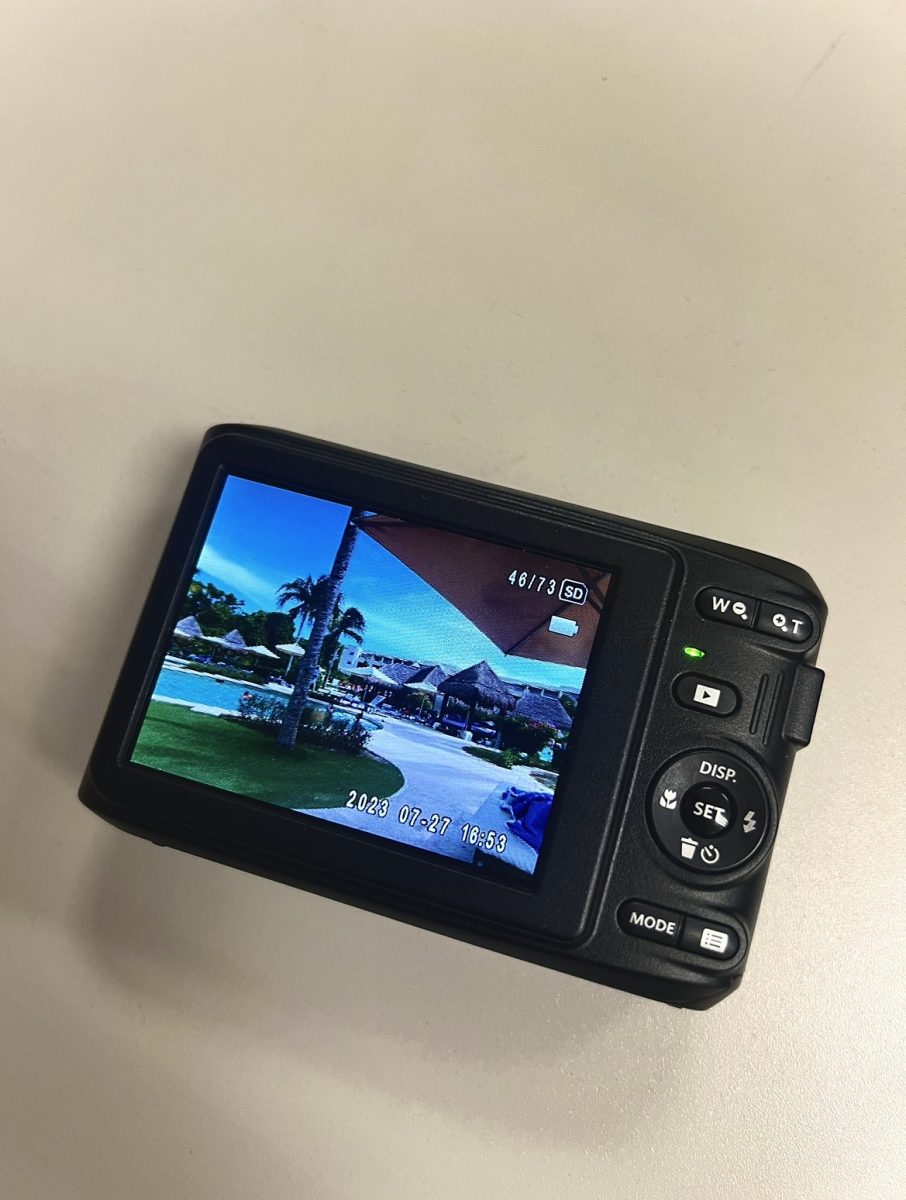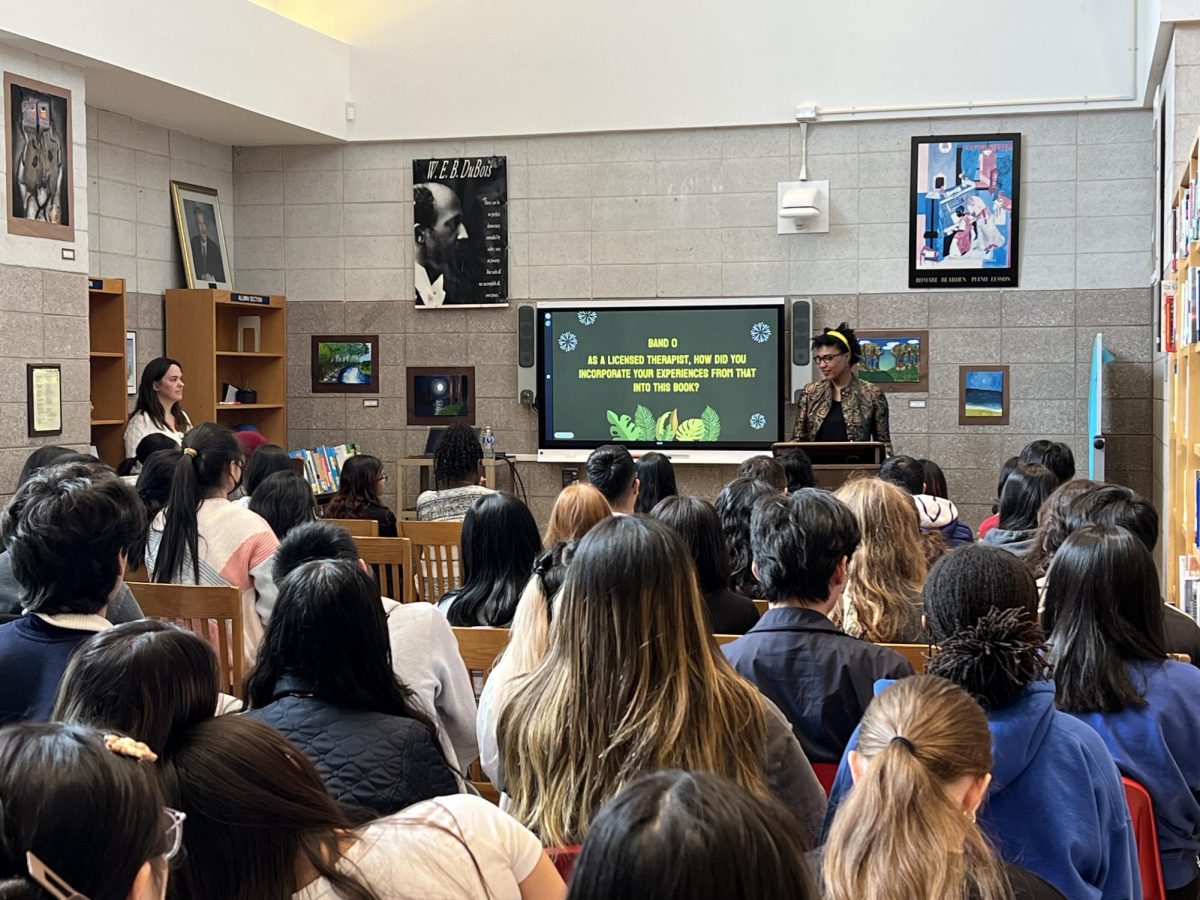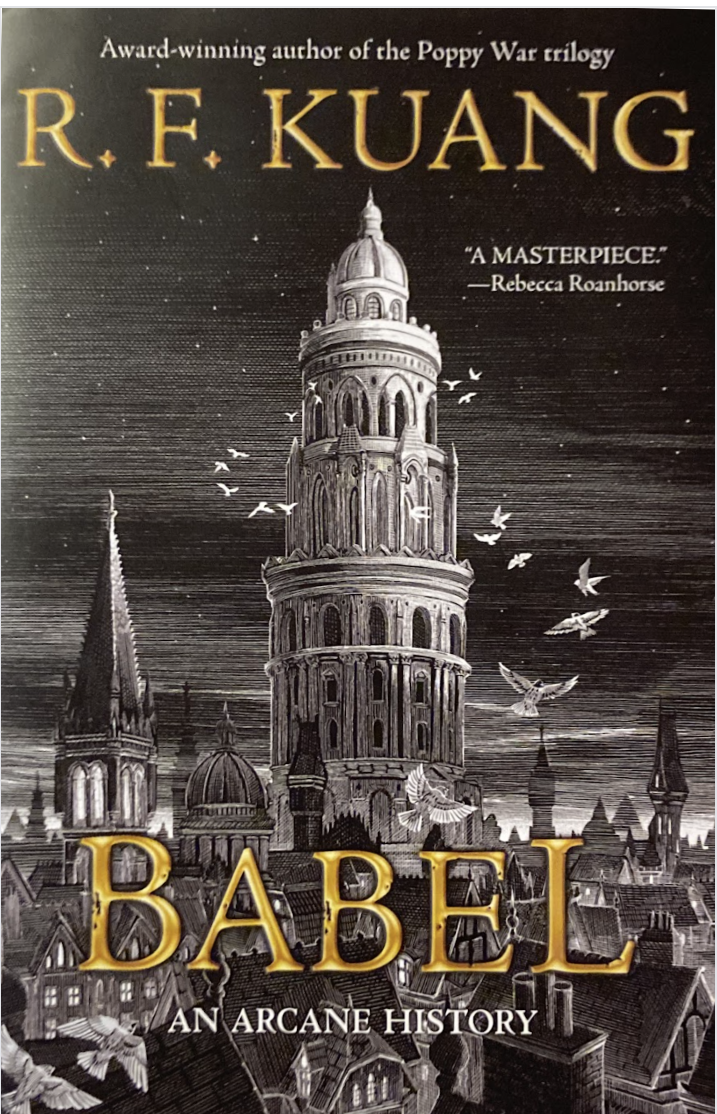Babel by R.F. Kuang is a historical fiction novel that focuses on an alternate history of the British Empire and follows the prestigious Oxford University during the 1830s. The story revolves around an orphan named Robin Swift who is taken from Canton, China by the mysterious Professor Lovell to London. Under Professor Lovell’s estate and care, Robin studies diligently in Latin, Ancient Greek, and Chinese, all in preparation for his enrollment into Oxford’s Royal Institute of Translation, also known as Babel. The tower and the students at Babel are the center of translation and silver-working for the British Empire. Knowing this, Robin falls in love with the utopia of knowledge available to him after his arrival. But he quickly realizes that by serving Babel, he is betraying China, his motherland. Throughout his years at Babel, Robin struggles to find a balance between attending the university and his role in a secret society dedicated to stopping the British Empire’s expansion.
Babel juggles various serious topics, such as colonialism, racism, and sexism. Additionally, it discusses the importance of languages and the power of translation, the necessity of violence, and the difficulty of finding a place to belong and discovering one’s identity. With this heavy list of themes packed into the novel, Babel raises thought-provoking questions and encourages its readers to reflect on the depth and complexities of the issues that people face in the real world. It’s evident that R.F. Kuang put a tremendous amount of effort and research into incorporating these issues. Her writing comes off as very technical in many parts of the book, especially in the dense and long paragraphs about etymology and the history of language. But despite this, it’s easy to get swept up into it, as the book is incredibly immersive.
Although Babel incorporates some magical elements, mostly through the silver-working described in the novel, it primarily honors the magic in translation itself. The novel has helped me to appreciate translators because language has always and will always be a keystone in history. For example, every time a language is translated to another, words may lose some of their associations and meanings, which raises many questions: Is it possible to stay faithful to an original text even when translating? What’s most important in a translation – is it the author’s style, voice, or message?
Another magnificent thing about Babel is its characterizations. R.F. Kuang was able to introduce and develop Robin Swift in such a way that by the end of the novel, you can see how far Robin has changed in comparison to the beginning of the text. His character development never feels forced and is well-paced with the rest of the story arc. Kuang manages to make Robin’s grief, rage, struggles, kindness, and moments of happiness feel genuine, allowing the reader to truly empathize with his character. For most of the book, he faces hard decisions because while he knows that his research for Babel supports British expansion, he also witnesses Britain trying to pump opium into China, his homeland China, and thus he struggles between these two sides of his identity.
The group of friends Robin forms during his time at Babel are also well-characterized with distinct, in-depth personalities. They have an unbreakable bond in which they stick together as a cohort despite their differences in background and identity. However, despite their differences, something that most of the characters shared was that they were taken from their own countries and put into Babel without much choice, where they were forced to work for the same empire that was exploiting their countries and people.
Overall, Babel was an incredible read that engaged me from start to finish, and one that helped to educate me for the better as a historical fiction that juggled many serious topics. Kuang managed to write a marvelous fantasy standalone that demonstrates her capabilities as a writer, especially given the research necessary in putting together a book that explores the necessity of violence for change, one’s identity and sense of belonging, and the power of language.
